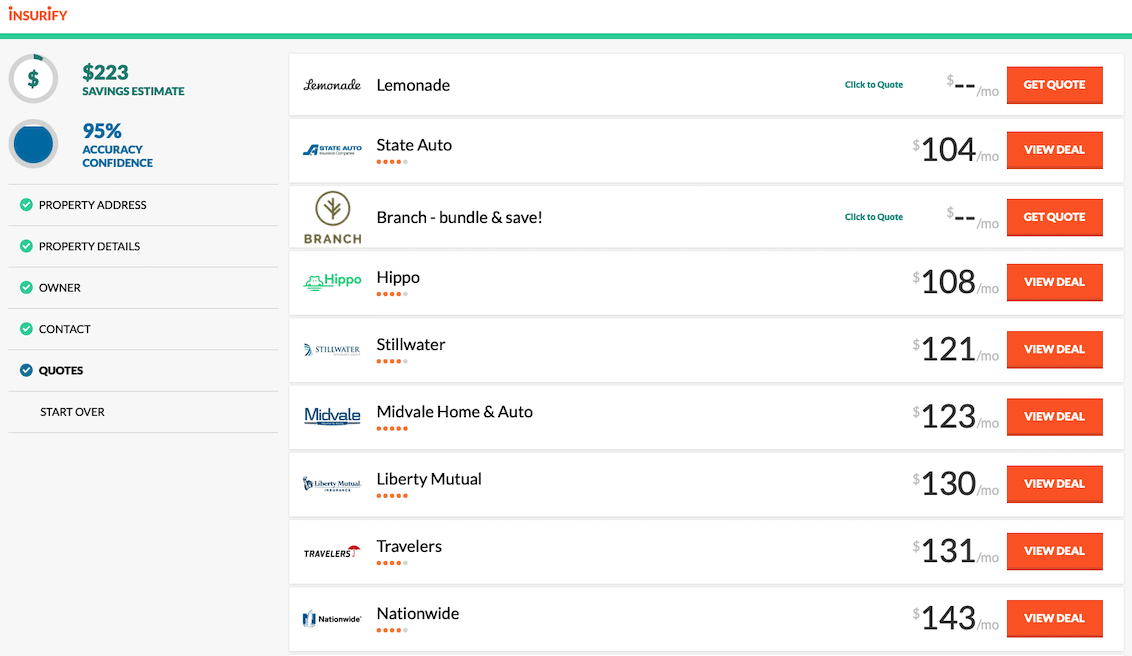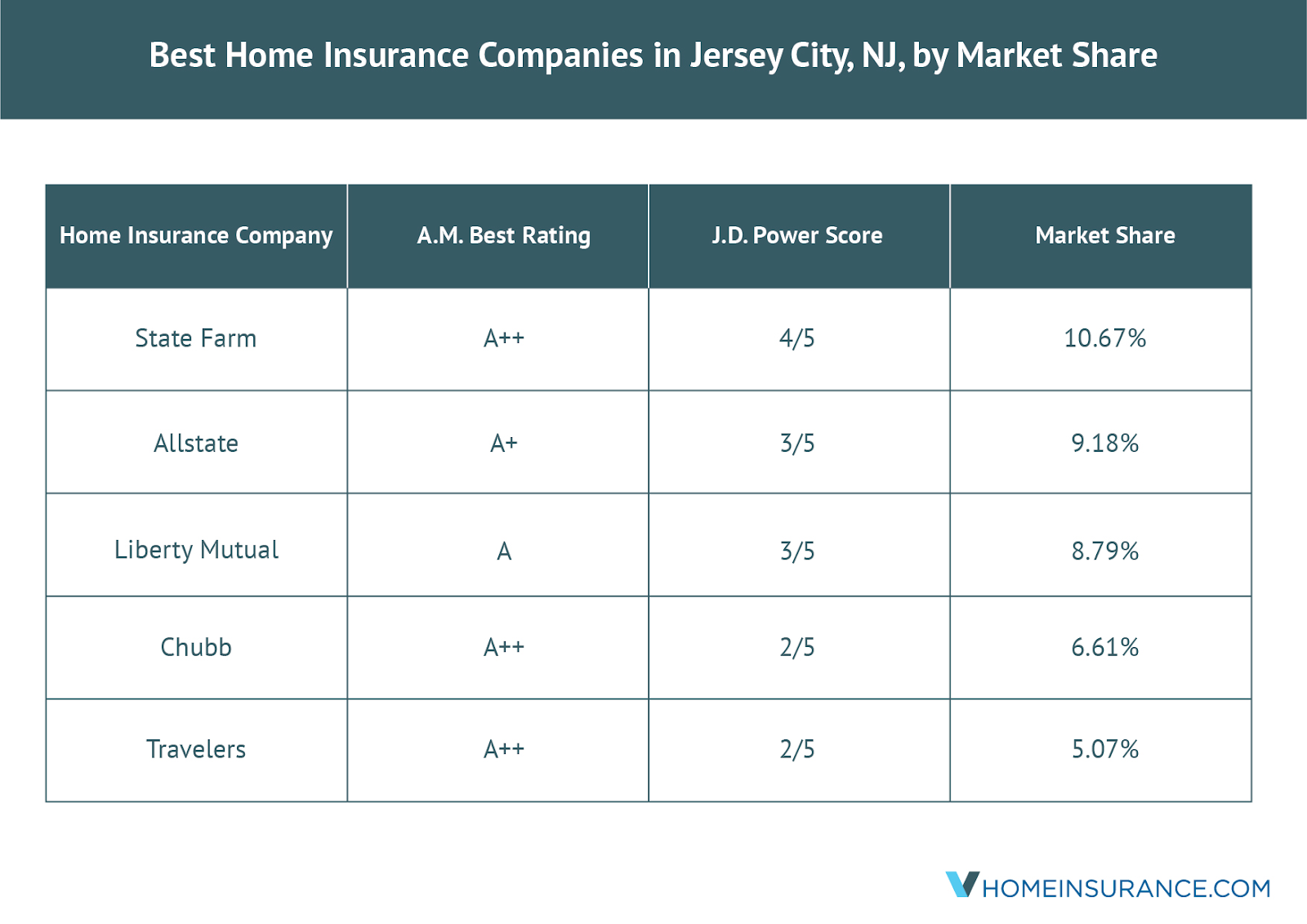
It is crucial to know the different types of plans that are available in New Jersey when looking for health insurance. Some plans offer age-based premiums. Others have location-based premiums. This article will give you information on the various types of New Jersey-based health insurance plans. This article will also provide information on how to minimize your risk and maximize your coverage.
New Jersey Health Insurance Costs
Your individual situation can impact the cost of your New Jersey health insurance. If you are only in need of routine medical care, you may be able to choose a Bronze plan. You may need to visit your doctor frequently or purchase prescription drugs. If this is the case, you might want to choose a Silver plan.
New Jersey's average cost for health insurance plans increased by 3% in the period 2021-2022. The greatest jump was observed in bronze plans. New Jersey regulations also limit the price of health insurance. These plans do not allow for short-term coverage and they require medical underwriting.
Different types of plans
There are many options when shopping for New Jersey health insurance. You have two options when it comes to purchasing health insurance in New Jersey: an Exclusive Provider Organization (HMO) or a Health Maintenance Organization (HMO). HMOs are an affordable option that allows you to keep in touch with specialists and doctors. EPO plans allow you to choose your own provider network, and can offer more comprehensive coverage.

Consider your income when looking for health insurance in New Jersey. Medicaid can provide lower-cost coverage for low-income individuals. Other people may be eligible to receive subsidized or free health coverage through a marketplace.
Premiums based on your age
New Jersey's law does not permit age-based insurance premiums. But, age plays a significant role in the cost and quality of health insurance. Premiums are generally lower for younger individuals and higher for older ones. There are discounts that can be applied based upon income and age. These include premium tax credits for seniors, and cost-sharing decreases for those with lower incomes. You will receive a quote when you apply to health insurance. Premiums will vary depending on what type of plan you choose and how old you are.
Two types of New Jersey health insurance are available. One is a Health Maintenance Organization (HMO). One is an Exclusive Provider Organization. You must use an HMO network of doctors in order to get treatment. You have the option of visiting a different provider if your condition requires a specialist. You can visit doctors outside of your network through the EPO option.
Premiums based on where you are
Prices for individual New Jersey health insurance can vary widely. It all depends on your medical needs and personal preferences. For example, if you regularly go to the doctor, you may want to choose the Gold plan. This plan has higher monthly rates, but you will also be paying less for deductibles and office visits. The Bronze plan is a better option if you don't use your health insurance as often as you would like. Bronze plans have lower monthly costs, but higher copays and deductibles. These plans are for people who do not use their health insurance very often.
New Jersey's insurance prices for health care are affected by where you reside. This means that depending on your location, you might pay more for health insurance in some areas than others. In New Jersey, the average cost for a health insurance plan in New Jersey for a 40+ year-old is $583 per months by 2022. This will be 3% higher that in 2021. For most people in New Jersey, the most affordable health insurance plan is an IHC Silver EPO AmeriHealth Advantage $45/40% plan, which costs $398 a month. Horizon Blue Cross Blue Shield’s value access silver is the lowest cost Silver plan.

Short-term plans
There are a variety of insurance companies offering short-term medical insurance plans in New Jersey. They are the best option for some people, even though the term may seem very short. The shorter-term plan suits people with no insurance or low-cost coverage. Pre-existing conditions, prescription drugs and people with preexisting conditions will benefit from the longer-term. Both types of plans will cost you differently depending on your needs.
Even though the benefits and coverage offered by a short term plan are sometimes limited, many people find them cost-effective and convenient. The coverage provided usually only covers emergency care and is not as extensive as major medical insurance. Short-term plans are often limited in benefits but can still be an affordable option for those who are temporarily unemployed or require health care coverage. To ensure you get the right coverage, it is worth using a comparison site.